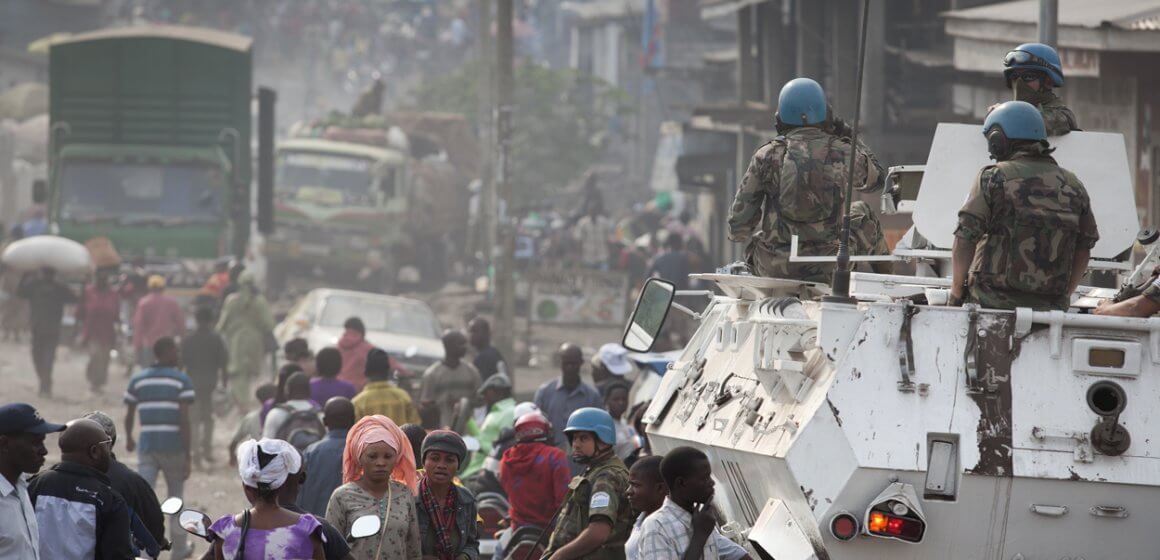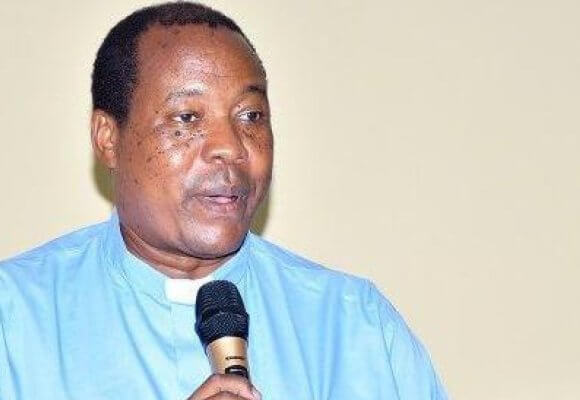|
LISTEN TO THIS THE AFRICANA VOICE ARTICLE NOW
Getting your Trinity Audio player ready...
|
M23 Rebels Seize Town in DRC, Kills 15
The M23 rebel group seized control of the town of Nyanzale in eastern Democratic Republic of Congo on Wednesday, killing at least 15 civilians in bomb attacks, according to a local official.
Nyanzale, located roughly 130 kilometers north of the provincial capital Goma, houses thousands of internally displaced people who have escaped violence in surrounding areas.
“We witnessed the capture of Nyanzale by the M23 this morning, with the death toll reaching 15,” said Isaac Kibira, a deputy governor in the nearby town of Bambo.
“The victims were killed by indiscriminate M23 bomb attacks,” Kibira told Reuters, detailing that 10 individuals were killed in a single house, with additional bodies discovered throughout the town.
M23 spokesperson Willy Ngoma, in a late Tuesday post on X, hinted at the group’s control of Nyanzale, stating the town was experiencing “tranquillity and deliverance.”
Congolese army commander Jerome Chico Tshitambwe confirmed the M23’s seizure of Nyanzale when questioned.
The M23, a Tutsi-led group, has significantly intensified its operations in eastern Congo this year. The United Nations and Western nations, including the United States and France, accuse Rwanda of backing the group, a claim Rwanda has consistently denied.
The European Union called for dialogue between Congo and Rwanda this week to address the conflict’s root causes, emphasizing that a political solution is the only way to achieve lasting peace.
“The increased military capabilities, including the use of surface-to-air missiles and sophisticated drones, are concerning developments,” the EU stated.
According to the UN humanitarian agency OCHA, approximately 100,000 people have fled Nyanzale due to the M23’s recent advance.
Uganda Proposes Stricter Rules for Surrogacy
Ugandan lawmaker Sarah Opendi introduced a bill in parliament on Tuesday, aiming to significantly regulate the practice of surrogacy and other aspects of assisted reproduction in the country.
The proposed legislation, titled the Human-Assisted Reproductive Technology Bill, seeks to restrict surrogacy to individuals who are medically unable to conceive naturally due to infertility or health issues. Additionally, the bill sets a minimum age requirement of 18 for women who act as surrogates.
Medical professionals who violate the proposed regulations could face penalties ranging from five years imprisonment for general breaches to life imprisonment for using their own genetic material or unauthorized gametes and embryos in assisted reproduction procedures. Furthermore, the bill mandates that all sperm, egg, and embryo donors be free of genetic diseases.
Beyond surrogacy, the bill proposes broader regulations for the entire field of assisted reproduction. This includes licensing and oversight of fertility centers, as well as establishing protocols for the donation and storage of reproductive materials like sperm, eggs, and embryos.
If passed, the bill could position Uganda as a global leader in regulating assisted reproduction. The legislation also aims to introduce safeguards for children born through assisted reproductive technologies.











LEAVE A COMMENT
You must be logged in to post a comment.